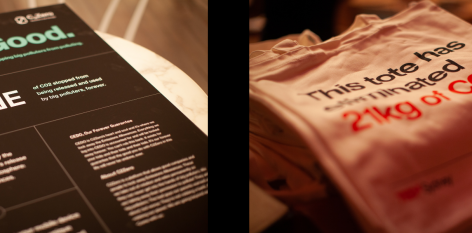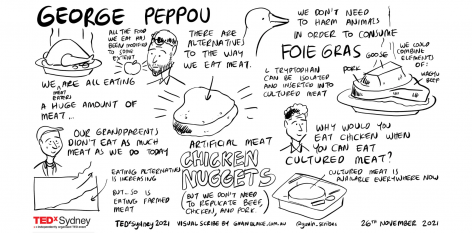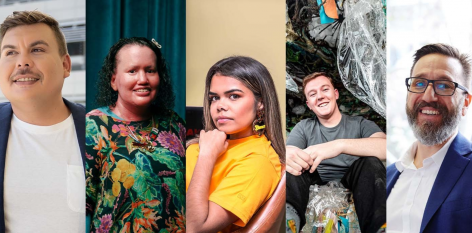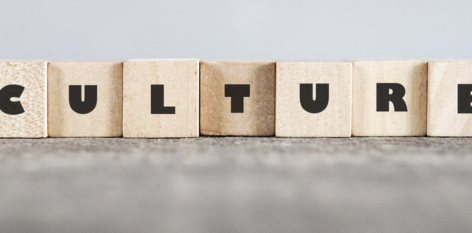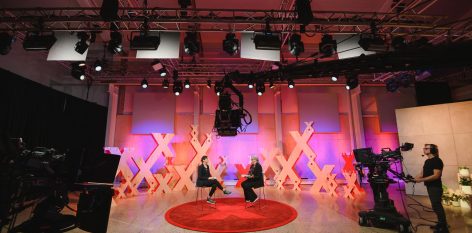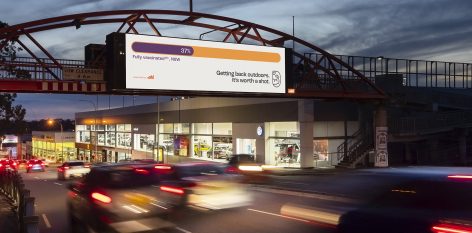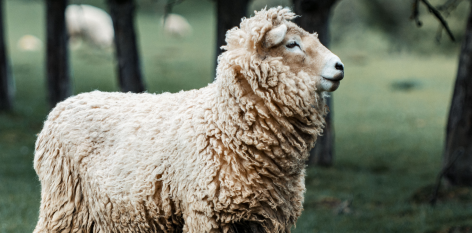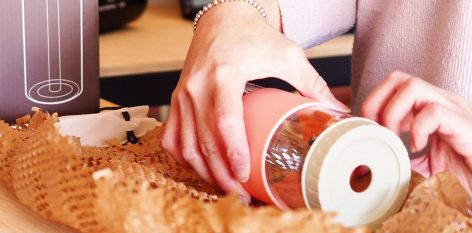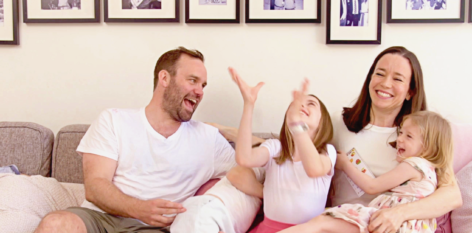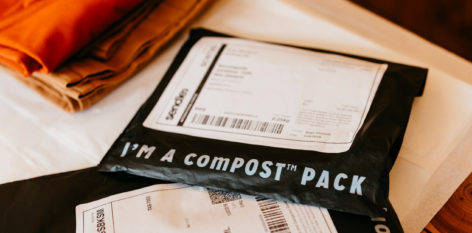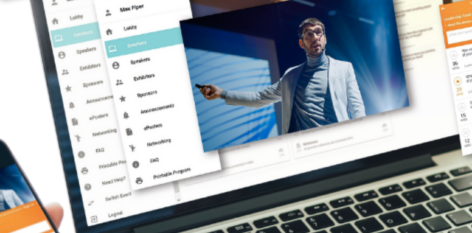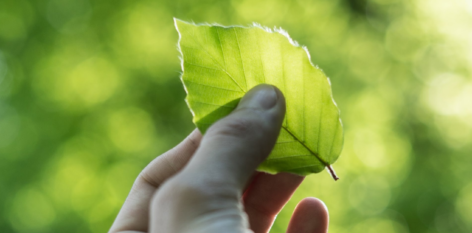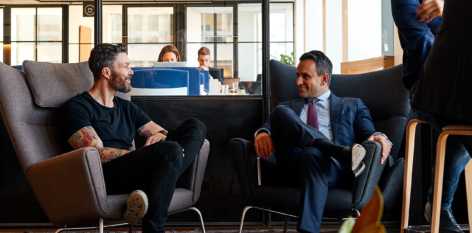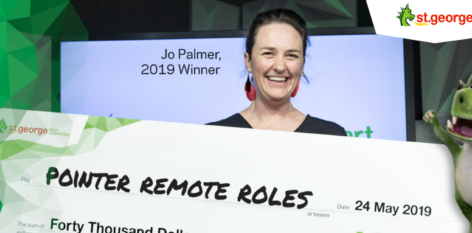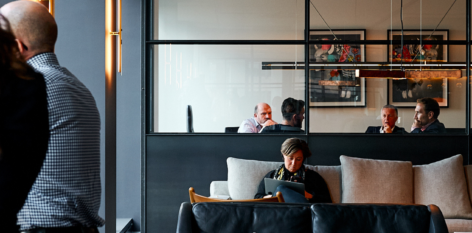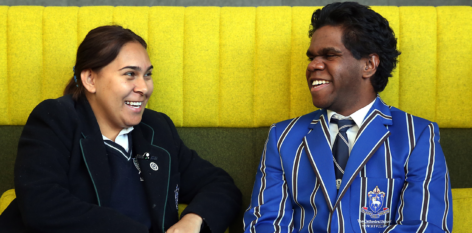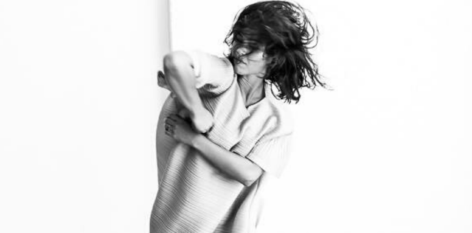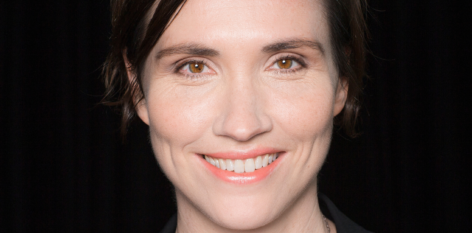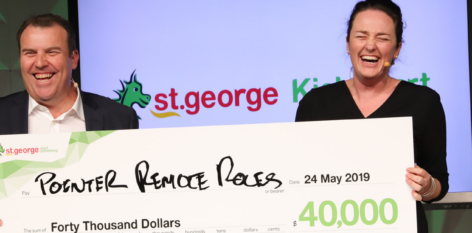In a special Discovery Session at TEDxSydney 2020 – Evolving the Sustainability Movement in Australia – Jess Scully, Deputy Lord Mayor of the City of Sydney; Dominic Price a Work Futurist at Atlassian and Jan Gardberg, CEO & CSO at IKEA Australia, sat down with TEDxSydney’s Head of Curation, Fenella Kernebone to talk about how businesses and communities are leading the sustainability movement in Australia and how to find innovative ways to create green economic growth.
Across the world today we are simultaneously facing a health crisis, an economic crisis, an inequality crisis and a climate crisis. But the post-Covid19 recovery offers a chance to build a new, more sustainable and fairer vision of society. Business leaders are seizing this green-led initiative by investing in renewable energy and designing creative, innovative solutions to support a circular economy and promote sustainable living.
“Simply working towards being less bad will not get us where we need to be, we need transformational change” and IKEA Australia and TEDxSydney are partnering to present a discussion series to celebrate the Year of Sustainability.
- BIG CHANGE IS NOT ABOUT GOVERNMENT
“The only way forward is together” – Jan Gardberg, CEO and CSO of IKEA Australia should know as they’re leading the charge on some significant change on sustainability. Truly transformational change requires communities, individuals, legislation and infrastructure to come together.
Deputy Lord Mayor of City of Sydney, Jess Scully, had some great insight acknowledging there are a lot of restrictions on how a government can act and the change it can make, especially when radical change is needed quickly. Business is in a far more advantageous position to do the pivoting and change-making. “Solutions need to be regulated, scalable and affordable for all in order to be effective” said Scully. Transformational change can come through government regulation and government action OR business can use their unique position and step in and say how we can make this affordable and effective at scale.
- REFRAME: LET’S TRY ANOTHER LENS
If we want to continue to shop and consume the way we do, there needs to be behaviour change. We need to unlearn our old habits – as individuals and businesses.
It’s time to get creative – the seismic shifts that have taken place in 2020 have shown us the way we work can be different. So if necessity has forced changes in how we do work and where we do work now is the time to reframe the way we govern and build cities too.
“Businesses might say it’s too hard or too costly for sustainable action – and if you’re using the old lens of viewing things and the old way of working – it probably does look too hard. We need to reframe why we are doing this.” Futurist Dom Price says.
He goes on to say incentives are all wrong: “Instead of return on investment, think about return on action. What’s the action we have to take to have a better future?”
COVID-19 shifted businesses and the way we work. Those that said we can’t work from home, through necessity, are now embracing it. Let’s not wait for a global sustainability crisis before we act “We need to stop celebrating fire-fighting and start fire proofing”
There’s a shift in motivation to work – an entire workforce of millennials now expect sustainability, CSR (Corporate Social Responsibility) and social impact to be integral parts of a business. “For any business that wants to still be around in 5 and 10 years, sustainability needs to be built into the core of the business – that is building business resilience.” Says Gardberg
Making short term decisions is for the past. Business has to be purpose-driven. And it needs to be genuine.
- YOU’RE TAXING IT WRONG
Erm yeah! “We tax human ingenuity and human labour but we don’t sufficiently tax the use of the earth’s resources or the waste and pollution that we put back into the earth.” Jess Scully blew our minds with insights garnered from new ideas around taxation.
“Make human creativity cheaper by removing tax from it and put more tax on things that are destroying the planet- we would de-incentivise the exploitive and destructive behaviour and incentivise creativity”
- WASTE IS NOT WASTE – WASTE IS A COMMODITY
At start of October 2020, more than 50% of Australia’s electricity was produced by wind and solar and almost half of that was produced by rooftop solar (solar panels on residential and commercial roofs). IKEA has now launched a product range in the rooftop solar market – “life at home is not only about life inside the home, it’s also about life outside of the home” says Gardberg. With IKEA’s vision to create ‘better everyday life’, they’re determined to offer functional, high quality solutions that are affordable and thus “democratising sustainability.”
From using PET bottles to create kitchen cupboards, phasing out alkaline batters and focusing on rechargeable, working with Planet Ark to create a store in Adelaide that is 100% powered by renewable energy by 2025 and aiming for all electrical transport for IKEA deliveries by 2030.
It’s clear we need to completely reframe the way we think about waste in this country. Aussies are creating 1200 kg of waste each per year and the Make, Take, Waste approach needs to be in the past – our approach to consumption needs to be circular.
- SET THE TARGET, DON’T DICTATE THE PATH
Society, leaders and governments are looking for certainty, clear answers. But we need to establish a shared vision of how it should look and then experiment, get it wrong, have an open dialogue about what’s working, what’s not and evolve. There is no one clear answer and we need to take risks: “Progress over perfection.” Says Dom Price. He acknowledged that although Atlassian is no longer ‘new’ at 17 years old, they still choose to behave new: “Experiment, Explore, Challenge.”
“Anything is possible and the future can arrive faster than you’re expecting. So let’s be proactive and intentional in shaping that future” – Jess Scully.

